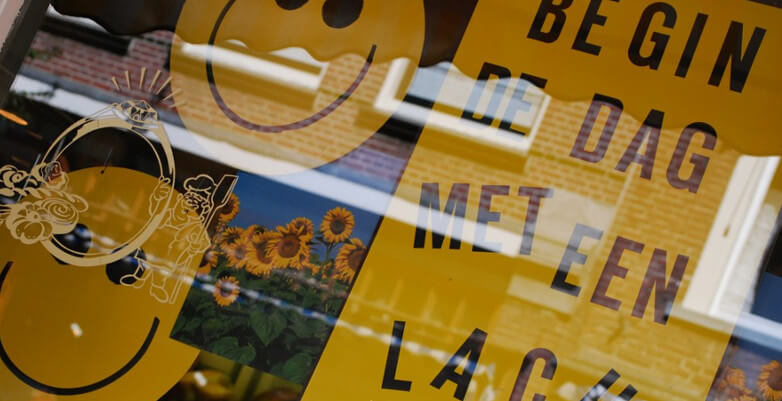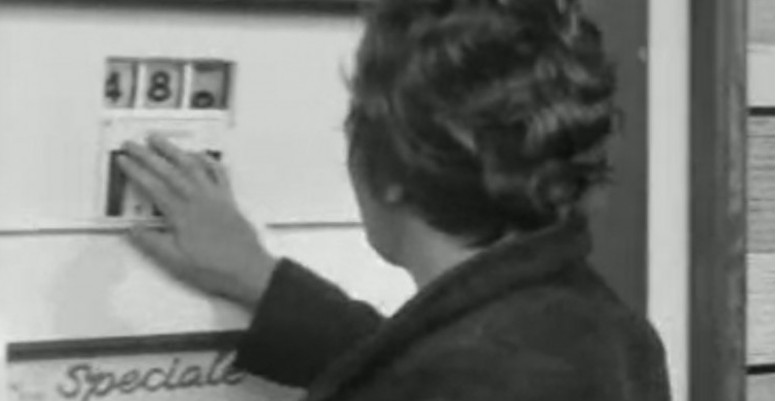
10 Reasons to learn Dutch
You are considering to learn Dutch, congratulations! Dutch is a language that is spoken by about 23 million people, or about 0,3% of the world population and most of us also speak English. Why would you even bother?
If you already understand English then coming to the Netherlands to learn Dutch can sometimes be a frustrating experience. No matter how hard you try to use your newly learned Dutch — the person you are talking to will likely respond to you in English.
Of course, if you don’t speak English you won’t suffer from this particular annoying problem. In that case, it becomes more or less a must to learn Dutch. The other two languages the Dutch learn at school German (70% say they are confident enough to understand it, not speak it) and French (7%) are much less useful. [1]
In gathering these ten reasons, I assume you speak some level of English and that you have decided to live in the Netherlands (or Belgium!) for a longer period of time.
1. You want to immigrate to the Netherlands
If you are coming to live in the Netherlands from a non-EU country and want to apply for long-term residency then learning Dutch is a requirement. In fact, you need to pass a Dutch language exam in your home country before even being able to apply for residency. And after passing the exam and arriving in the Netherlands, you need to get serious and follow the government integration program, which is mostly learning about Dutch language and culture, to keep your visa.
2. Not everyone speaks English
The European Union has found that around 90% of the Dutch actually understand English well enough to read the news in that language. We all learn it in school and need to pass the subject in order to graduate. But not everyone uses it all that often. And if you don’t use it – you lose it. So our ability to communicate varies with use, and the more you get out of the cities the harder it might become to have a conversation.
Also, most children under the age of 15 would have trouble speaking sufficient English to keep up a basic conversation. If you have a partner with Dutch children or have other relatives with children then being able to communicate in Dutch really helps establish a bond.
3. Understanding our government
The Dutch government puts a lot of resources into translating forms and documents into a variety of languages. But if you need to go beyond the basics, and the touristic, most government websites and local government brochures are in Dutch. The language of government is very much Dutch, and you will find that very often government officials will attempt to keep the conversation entirely in Dutch.
4. Really join in on the conversation
For the Dutch, speaking English is still hard work, so if you are not around, or not directly involved, the general conversation will quickly return to Dutch. Also, a lot of the jokes we use (or the frequent references to our lousy weather) require quite a bit of context.
5. Quickly gain respect
If you talk to someone and you start off in English, we do really appreciate the effort you make, even if the conversation switches back to English again afterwards. In fact, it will make your standing with the person improve quite a bit. A foreigner who has managed to speak fluent Dutch and has picked up on our little habits can integrate nearly fully into society.
6. The love of your life speaks it
English only is no problem between you, but you quickly find yourself surrounded by lots of well intending family and smaller children. Birthday parties are a near-religious practice in the Netherlands for family and no, we don’t speak English all that much when we are with our family. So unless you feel like becoming a social wallflower, a little Dutch will go a long way when speaking with grandmother. (Grandmother most likely speaks fluent English but flat out refuses it when you are around in order to help you adjust.)
7. Getting to know new friends
Learning Dutch can help you make new friends with people who are also trying to integrate and thus have a lot in common with you. It is a great way to establish your social circle quickly. You will find plenty of Dutch courses at language schools and universities.
8. You are an (Art) historian and want to research Dutch archives
The Dutch write a lot, and we keep a lot of documents too. In fact, most our newspapers and lots of our archives going back to the 17th century can be found online. [2] So if you are an academic looking to learn more about trade in the Dutch golden age, or articles about our famous painters from the time they were still alive and working you might want to learn classic Dutch.
9. Follow the News
It used to be that at 8 pm the whole country would watch the national evening news on TV. With the internet that urge has subsided a little but keeping up with current events in the Netherlands requires at least a working knowledge of Dutch. Foreign newspapers and websites apply their own slant to reporting on the Netherlands if they notice us at all. You will find that even the hourly radio news (many workplaces listen to Dutch radio stations) is often a topic of conversation at work.
10. Finding employment
For part-time jobs, some Dutch is essential. So if you are a student looking to earn a little extra at the local bakery or supermarket you will be expected to communicate with all customers, including those that don’t speak any English. For employment outside the circle of multinationals, local companies might consider you if you have the right skills but would prefer someone who speaks at least some Dutch or who is in the progress of learning it.
Learning a foreign language is a lot of work and a huge investment in time. But if you are serious about living in the Netherlands for a longer period then learning the Dutch language is a good investment. It will help you understand and enjoy much more of the country, and its inhabitants.
[1] http://ec.europa.eu/public_opinion/archives/ebs/ebs_386_en.pdf
[2] http://www.delpher.nl/nl/kranten/
Image credit: melaphantastisch
 Nederlands
Nederlands






















